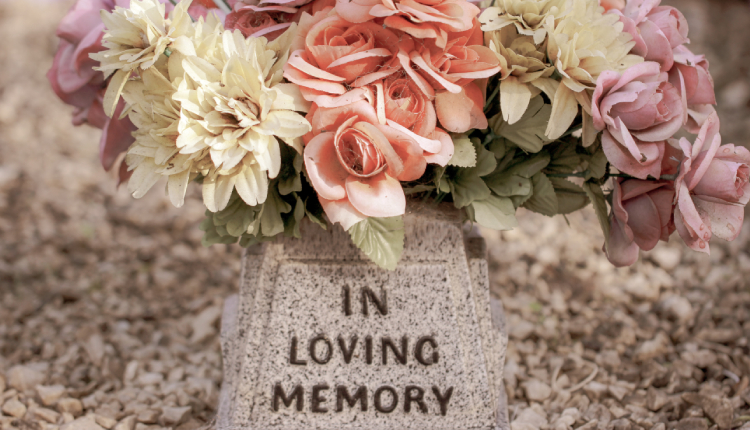Everyone experiences grief at some point in their life. Time, however, often heals the wounds caused by grief. There exists a fine line between allowing your emotions to affect your life and relationships and grieving, and it is often very tough to notice when the line is crossed.
The toll of grief on each individual is different, but ways of handling and coping with grief remain relatively consistent throughout most scenarios. The process of handling grief is usually tedious but not unrewarding. One of the initial steps towards healing is the acknowledgement of the grief present. These five ways to cope with grief from losing a loved one will assist you in conquering those dark clouds and move forward to returning to your usual self during these dark times.
1. Crying
The importance of crying cannot be emphasized enough. According to preliminary research, stress and other hormones are found in emotional tears. A state of calm is achieved when stress and hormones are released through crying.
Extended periods of crying also release endogenous opioids and the hormone Oxytocin. After an extended period of crying, you often experience a soothing sensation. This underlines the benefits of allowing yourself to shed tears and cry the pain away rather than fighting to appear to be ‘strong.’
2. Devoting attention to physical health and mental well being
The mind and body are interconnected. If care is not extended to your physical health during the grieving period, the toll will be felt mentally. You may feel that tasks that were usually easy for you to accomplish, like laundry, now seem impossible.
A general feeling of lethargy is felt—grief results in a loss of appetite, lack of interest in activities, and sleep loss. You should, however, try to pay attention to your physical needs.
One can also consume natural compounds like CBD to alleviate grief symptoms. Consider using vaporesso pods that are especially helpful in reducing grief and depression. Sufficient sleep, exercise, and a balanced diet helps you cope better by nourishing your body and, subsequently, your mind. Vitamins present in natural foods and products may also assist in lightening your mood.
3. Expressing of thoughts through creative ways
During periods of grieving, writing and listening to music may assist in coping. This is particularly helpful when one is unable to express or share their experience. Through writing, singing, listening to music, and participation in activities that require creativity, comfort is achieved.
This helps in your gradual return to activities that make you happy. In addition, journaling enables you to deal with any overwhelming emotions. Writing down your fears, problems, concerns, or even raw, unfiltered feelings will make the world seem more straightforward.
4. Talking to loved Ones
A problem shared is a problem half solved. The burden is lifted from your shoulders when you share. Sharing with one’s loved ones or a person offering professional services can help jumpstart the process of healing.
During such periods of grief, you should allow people who care about you to help rather than trying to weather the storm alone. Mention what you may require when interacting with them. This is because they may have the right intention to help but do not know how to or even where to start. By communicating, your needs and requirements are factored into the help offered.
Grief counselling will help if you feel like you are bearing a lot mentally. The professional services offered will help you release the burden off your chest. It can be compared to going to the doctor when experiencing the flu.
5. Take your Time
Grief is essentially different for everyone. It’s different from person to person, from how it is handled to the period one takes to transition out of grief. There exists no fixed timeline after which one is expected to have overcome grief. Take your time.
Allow yourself to go through the whole processing without attempting to resurface back to society and normalcy prematurely. During this duration, avoid making significant or important decisions. This is because grief clouds your judgment. Subsequently, that may prompt you to make haste or impulsive decisions that may be wrong.
If decisions have to be made, then seek advice from loved ones and friends who are dear and trustworthy to you. They should also preferably not be affected by the grief that you are handling. This acts as a deterrent to bias in decision-making.
Conclusion
Go easy on yourself. Know that your feelings are valid and that the circumstances that you are in will pass. After it passes, you will also be able to get back on your feet again. The tips mentioned above to deal with the loss of a loved one will help by positively impacting your life and mood during that transition period. They may not help you completely heal and discard the grief, but they act as cushions that soften the harsh blow. Remember, you are not alone. Allow yourself both space and time to heal.


Comments are closed.